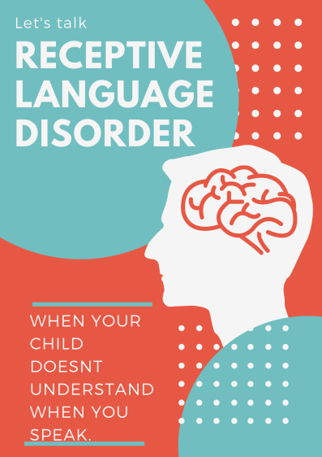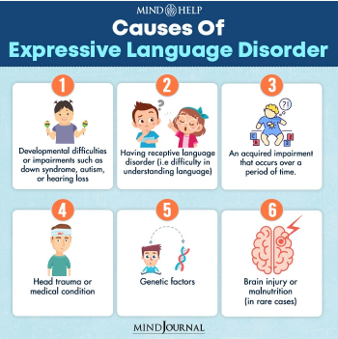What is a Language Disorder?
A language disorder is defined by difficulties in any of the following domains: spoken language expression, spoken language comprehension, written expression, and reading comprehension.
A language disorder can occur as a delay during childhood development, or it can occur after illness or injury (e.g., stroke or head trauma). A Language Disorder in early childhood may present as talking later than expected and/or difficulty with understanding spoken language resulting in frustration with communication. A Language Disorder persisting into preschool and school-age years may present as difficulties with expressing ideas and telling stories, forming sentences, reading, writing, following directions, answering questions, and participating in conversations.
Assessment
Language is assessed via a combination of formal testing, informal observation, and extensive interview with the patient and their family. When available, information from teachers is also used to assess language functioning.
Treatment
Treatment for deficits of a language disorder is individualized for each patient’s specific needs. Treatment trajectories for a Language Disorder can vary greatly in prescribed length. Parent collaboration and partnership with treating clinicians is an important component of language intervention.
Developmental Delay

Developmental Delay is a term that refers to a child who has not gained the developmental skills expected of him or her, compared to others of the same age. Developmental delay can affect different areas of development, such as motor, speech, language, cognitive, social, and emotional skills. Developmental delay can have various causes, such as genetic conditions, prenatal exposures, prematurity, infections, or environmental factors. Developmental delay can be identified by screening tests, evaluations and observations.
Receptive language disorder

It is a condition that affects a person’s ability to understand spoken or written language. People with receptive language disorder may have trouble following directions, answering questions, interpreting nonverbal cues, or comprehending jokes. Receptive language disorder can be caused by various factors, such as hearing loss, brain injury, development delay or genetic conditions.
Receptive language disorder can interface with a person’s academic, social and emotional development. Receptive language disorder can be treated with speech language therapy, assistive technology or accommodations.
Expressive language disorder

This is when a child has difficulty using language to communicate with others. They may have trouble forming sentence, using words correctly, or expressing their thoughts and feelings. Expressive language disorder is communication disorder that affects a person’s ability to express thoughts, ideas, or information verbally or in writing. People with expressive language disorder may have trouble finding words, using correct grammar, forming complex sentence, or conveying their emotions.
Expressive language disorder can be caused by various factors, such as brain injury, developmental delay, or hearing loss. Expressive language disorder can impact a person’s academic, social, and occupational functional functioning. Expressive language disorder can be treated with speech-language therapy, assistive technology, or accommodations.
Mixed receptive-expressive language disorder
This is when a child has both respective and expressive language problems. They may have difficulty with both understanding and producing language.
Call MVM Vākśravaṇa Clinic at 080-69956566 for more information or to schedule an appointment.
